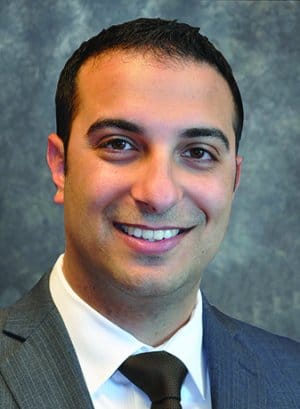
More Pain Management & Rehabilitation Articles
Why Does My Shoulder Hurt?
As the winter weather thaws and we usher in a new season, our thoughts turn to getting back outside and enjoying the weather.
Oftentimes, our eagerness to return to the outdoor activities we love lends itself to overuse injuries.
It is important to remember that early in the season, we should take extra time to properly stretch our muscles prior to engaging in sporting activities, in order to avoid injury.
Despite this, many patients will walk in to our clinic with shoulder pain that has persisted for weeks after a rigorous exercise, a tennis match, or after many laps in a pool.
They often complain of pain when reaching for objects overhead, pouring a pitcher of water, retrieving an object in the backseat of a car, or reaching behind their back.
Rotator cuff tendonitis is a very common condition that affects millions of Americans each year. The rotator cuff consists of four separate muscles that originate on the shoulder blade and attach to the top of the arm.
Their function is to help raise the arm and ensure the shoulder remains centered in the joint. There is a thin layer of tissue known as a bursa which helps the tendons glide back and forth.
When the rotator cuff is injured, the tendons and bursa become inflamed. In the shoulder, there is a limited amount of space for the swelling to go – and this causes pain.
Treatment is focused on limiting the activities that cause the pain. This can also include the use of anti-inflammatory medications, and the application of ice.
Many times, this is all the patient needs. However, when pain persists, a cortisone injection into the inflamed bursa can be a more powerful tool to help decrease inflammation.
People with longstanding pain, or when all other treatments have failed, may be candidates for surgery.
Often, this is treated arthroscopically using small incisions to perform the surgery with specialized tools. This method allows for earlier recovery and less pain.
Patients are allowed to begin using their shoulders normally within a few weeks after the procedure.
Here's to a happy and healthy Spring!
Other Articles You May Find of Interest...
- Alleviating Joint Pain in Pets: A Comprehensive Guide
- How to Promote Bone Fracture Healing? Tips for Faster Healing
- Managing Chronic Back and Neck Pain
- Pervasiveness Of Pain
- Effective Solutions for Lower Back Arthritis: Medial Branch Blocks and Radiofrequency Ablation
- Spinal Compression Fracture Treatment Options
- Hiatal Hernia: A Common Cause For Heartburn

















